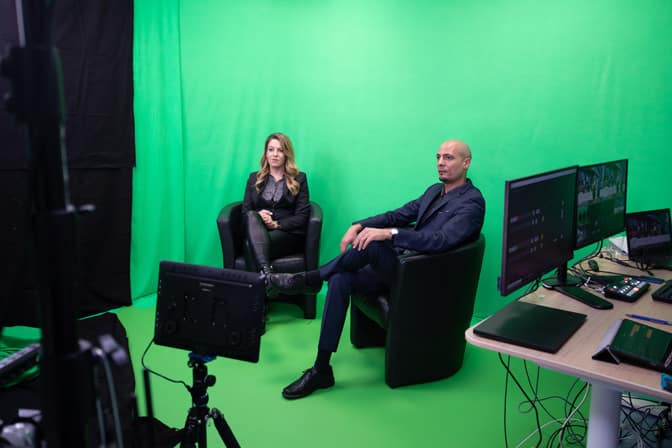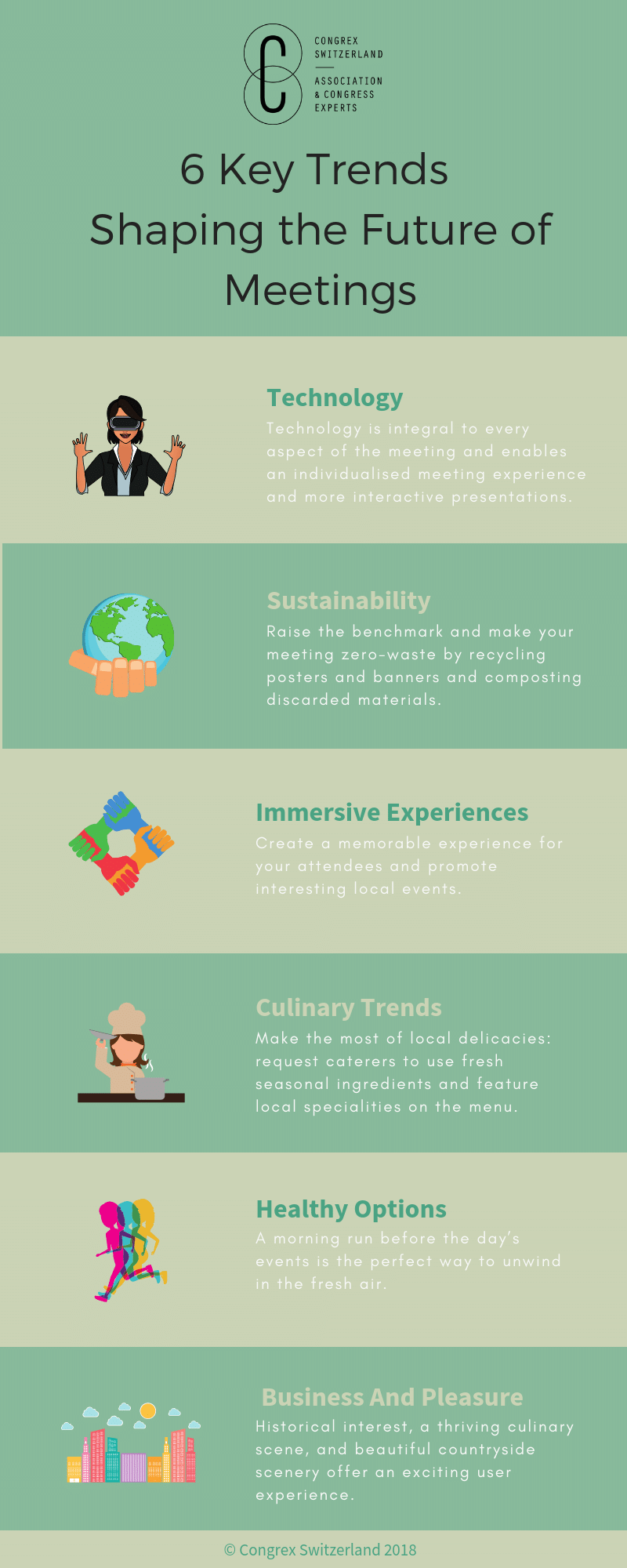In our previous blog post update, we outlined the role of 21st-century professional conference organisers. The article suggested that PCOs should move away from the purely logistical aspects of event organisation and act as meeting architects.
In this follow-up post, we will examine in detail the concept of meeting architecture and what it means for PCOs.
What Is Meeting Architecture?
The term was coined in the late 2000s by Maarten Vanneste, an expert with more than 3 decades of experience in the meetings industry. According to Vanneste, conventional planning is mainly focused on the most visible (and more costly) aspects, like venue and travel logistics, branding, etc. By contrast, meeting architecture concerns itself with “designing the learning”, as well as with the social and motivational aspects of a meeting.
RELATED: Online Learning And Member Engagement For 21st Century Associations
Vanneste also highlighted the behaviour-oriented nature of meeting architecture, when he said that its goal is to change or reinforce participant behaviour through the careful choice of format, context, and content.
So how exactly meeting architecture differs from event design? Meeting architecture necessitates design but is not limited to it. Using the building metaphor, we can say that architecture comes first, and design later.
To go beyond event design, meeting architects focus on the intentional construction of the meeting experience and on the seamless integration of its different scaffolding elements. In other words, meeting architecture is design at the service of objectives, impact, and value.
Trends In Meeting Architecture
Multi-hub meetings
In “The Meeting Architecture Manifesto”, Vannesten described the effects of the incorporation of the Millennial generation into the workforce and the impact this would have on professional events. Young professionals no longer see a clear distinction between virtual and real worlds, nor between work and play, so meeting architecture should adapt to this perspective.
Adaptation is now possible thanks to technology. The costs of event tech have gone down, and the reliability and quality of service have increased. Multi-hub formats have proven successful in the medical and pharma sectors even before the pandemic. Moreover, the small size of hubs facilitates a deeper and more powerful networking experience.
RELATED: Enhancing Delegate Engagement In Online Events
Experiential communication
Experiential communication is often applied to event marketing, but it can also be used to create activations that engage the senses and promote learning, motivation, and interaction.
This is important in trade fairs or medical congresses where exhibitors introduce devices that participants want to touch and see in movement. We can expect to see this trend grow alongside improvements in VR solutions.
Motivational learning
Motivational learning can be applied to meeting architecture with excellent results. It can draw on elements of the Motivation Theory like curiosity, status, exclusivity, and surprise. An organiser might identify internal and external motivators and strategically “sew” them throughout the event’s critical touchpoints.
The Role Of PCOs As Meeting Architects
Meeting architecture is the result of joint action involving different specialists, from hospitality experts to behavioural psychologists, data analysts, content marketing and communications professionals. This coincides with the concept, in which a meeting has multiple owners, not only the organiser or sponsor but every stakeholder.
RELATED: Bringing Diversity and Inclusiveness Into Association Leadership In Times Of Crisis
Within this collaborative framework, PCOs have a strategic, creative, supervising, aligning, and coordinating role, whose goals are among others:
- Reinforce learning objectives.
- Create formal and informal spaces for meaningful interaction and networking.
- Elaborate conceptual design based on impact and value to the organising association, participants, and the industry at large.
- Deliver tangible results in the form of ROI or event reputation.
Furthermore, these goals must be related to achieving the desired participant behaviour along with three main areas, pre, during, and post-event:
- Motivation.
- Learning & Informational goals.
- Networking & Relationship building.
To this end, meeting professionals must be conversant with tools and resources classified into the following groups:
- Technical (technological solutions, AV systems, etc.).
- Human (speakers, support staff, etc.).
- Conceptual (layout, format, programme content and order, marketing and analytics, etc.).
- Artistic (colour scheme, light, décor, music, etc.).
Conclusion
Meeting architecture is a coordinated value-creation process that furthers the goals of every meeting owner. Working in close collaboration with other experts, PCOs are key pieces of the meeting architecture equation. A sound meeting architecture can help organisers tackle complexity, create real impact, and generate value. Get in touch to find out how to incorporate the principles of meeting architecture at your event.
——
Congrex Switzerland is an internationally operating agency delivering customised solutions. This encompasses the overall organisation of conferences and meetings, including the management of hotel rooms and strategic consultancy. Annually Congrex Switzerland organises approximately 45 events with over 73’000 delegates. Amongst our clients are international associations, governmental organisations and corporations.
GREEN-SCREEN STUDIO IN BASEL
Our fully equipped green-screen studio is now available for rent in Basel. We can provide specialist support with state-of-the-art equipment. Record or live-stream your presentation, panel discussion or interview with professional quality audio and video.









